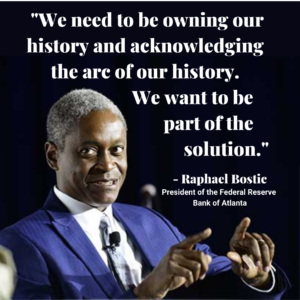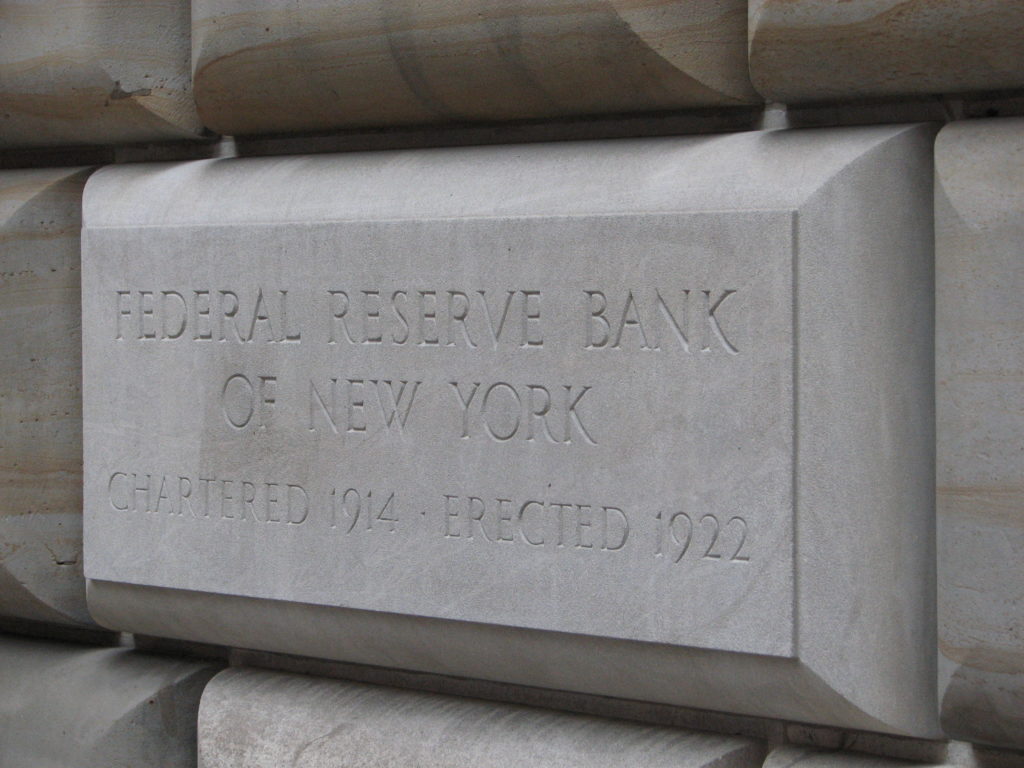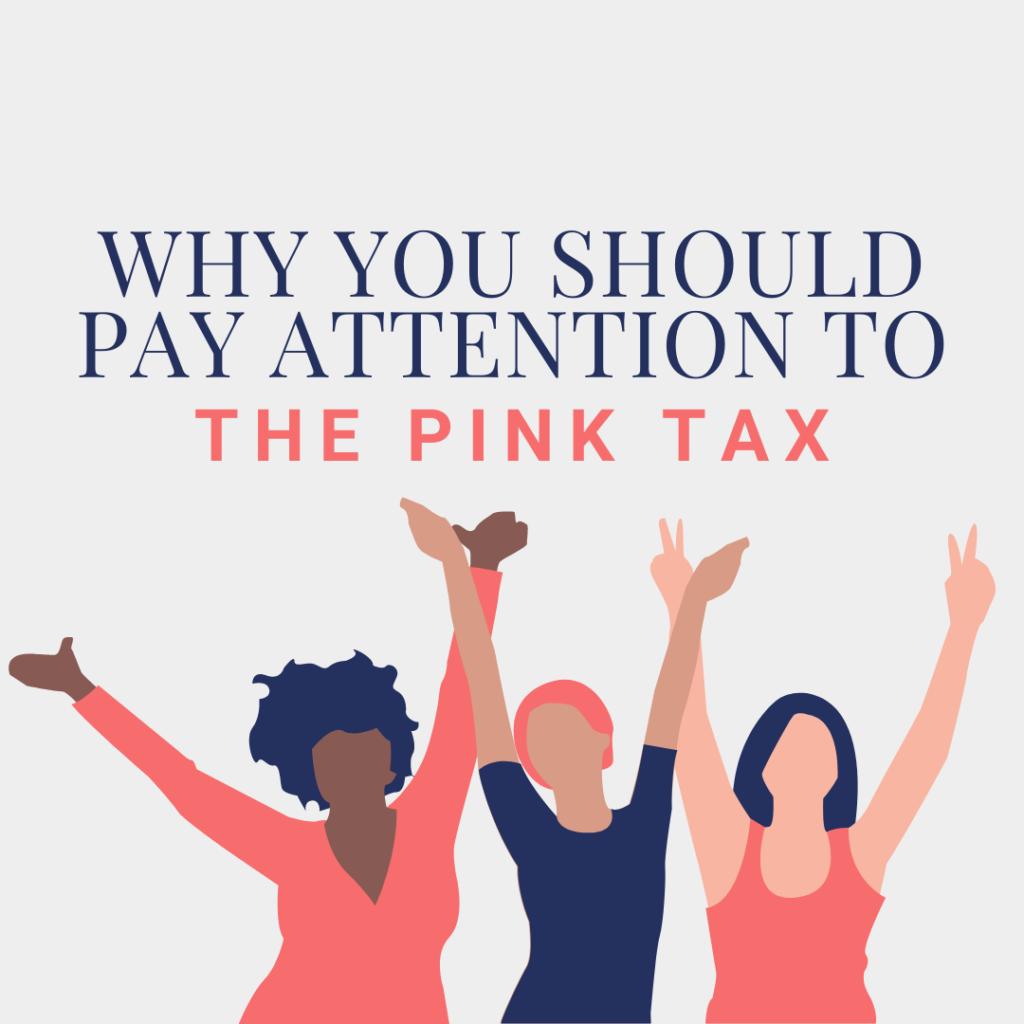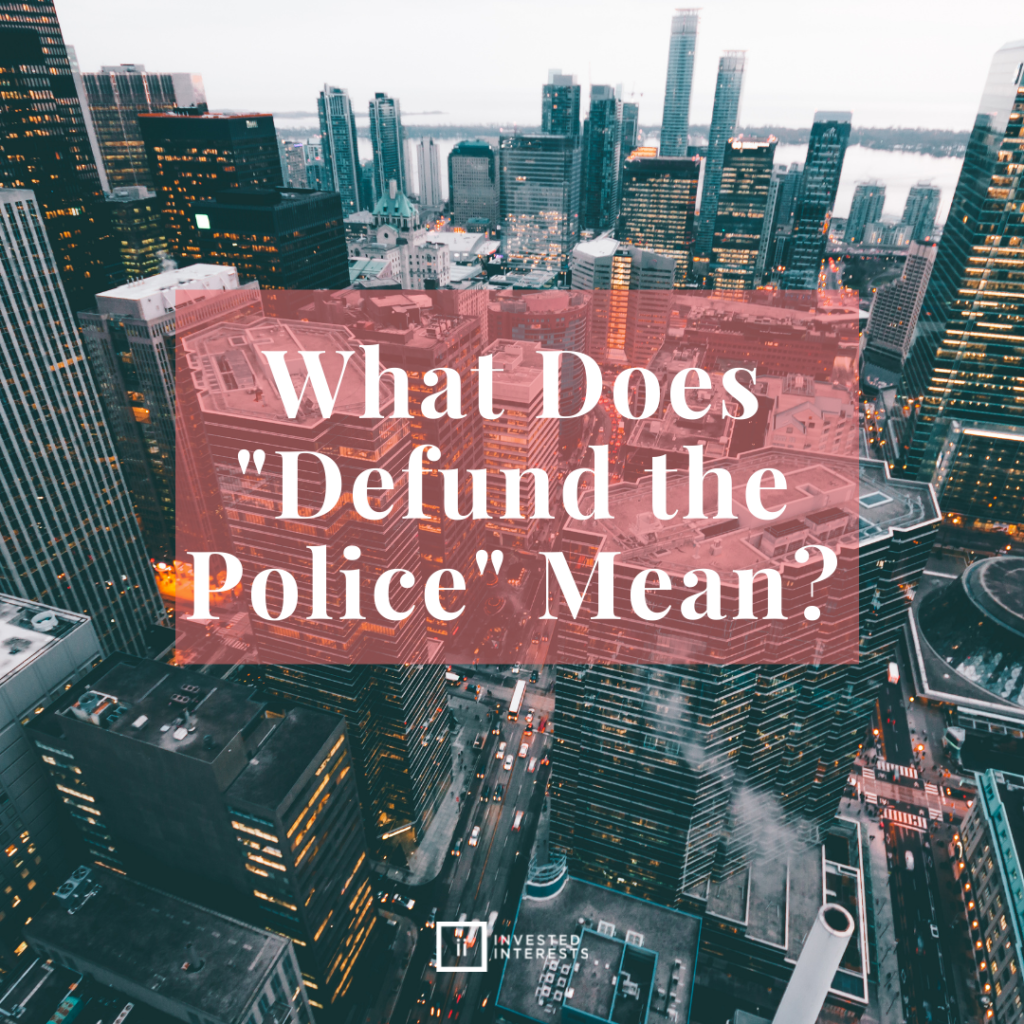Racism has poisoned our economy. Black Americans face higher poverty and unemployment rates. The wealth gap in our country is widening. What can American Institutions, such as the Federal Reserve, do to fight against inequality?
What is the Federal Reserve?

The Federal Reserve System, or the Fed, was created in 1913. The tumultuous economy of the early 20th century necessitated the creation of a central institution to control the American monetary system.
Today, the Fed serves as the United States’ central banking system. It focuses on keeping prices stable and maximizing employment to foster a healthy, stable economy for all Americans.
However, the Federal Reserve has not always served all Americans. As recently as 2008, the Federal Reserve has been accused of inaction that has disproportionately harmed people of color.
Moreover, financial institutions are not exempt from our country’s history of slavery. Angela Glover Blackwell, founder of PolicyLink, says “In racism, banks have been complicit; they were underwriters of slavery. Plantation owners borrowed from banks; banks repossessed slaves when plantation owners defaulted.”
Moving Forward
Ursula Burns, the first Black woman to lead a Fortune 500 company, has critiqued the Fed’s tendency to pawn off blame on other institutions rather than stand up as part of the solution.
Burns said at an event sponsored by the Fed, “The Federal Reserve as the economic policy instrument in this country, absolutely has to know, be passionate about, be interested in not just the wealthiest or the median, but all of the people.”
It is with this history in mind and a focus on the diversity of Americans that the Fed is pushing forward. Just last year, the Federal Reserve launched an event series titled Racism and the Economy. Hosted by all twelve district banks of the Federal Reserve System, the event series aims to discuss the roles of the Federal Reserve in the fight to end inequality.
Action in the Era of COVID
The series hosted by the Federal Reserve has been the first step forward. Across the many events, Fed officials and keynote speakers discussed opportunities for improvement at the Fed.
Now, in the time of the COVID-19 crisis, is the time to act.
Keynote speaker, Angela Glover Blackwell, said, “What COVID has done is to force Americans to look at inequality in wealth and especially in health. Americans are seeing the interconnectedness of what happens in Black, Latinx & indigenous communities and the health and well-being of America.”
The pandemic has made inequalities, especially in our healthcare system and economy, almost impossible to ignore.
For Blackwell, now is the time for big changes. She proposes federalized credit scores and bank accounts. “I want you to know,” she says, “that never before have we had a nation that is so ready.”
Looking for more ethical finance in your newsfeed? Follow us on Instagram, Facebook, and Twitter.




